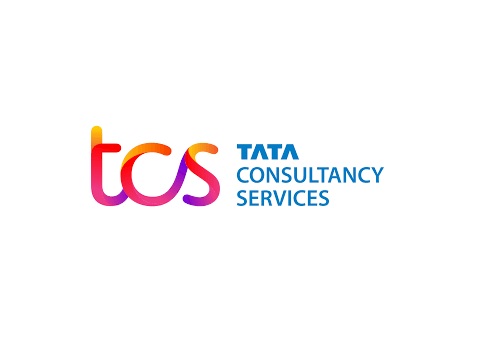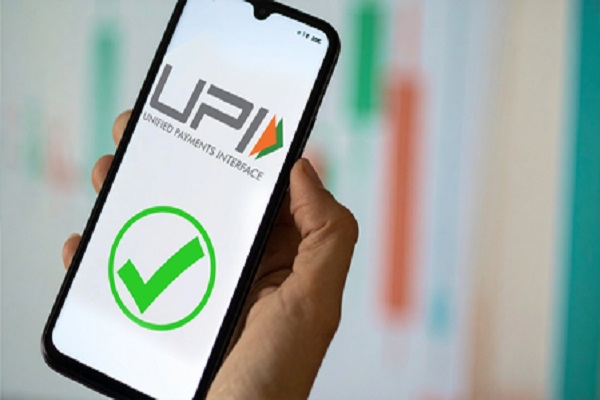Personal Finance 101: Managing Your Money for a Secure Future

Understanding and managing personal finance is crucial for building a secure and comfortable future. Yet, many people find financial planning overwhelming, especially when faced with complex concepts like budgeting, saving, investing, and debt management. The good news is, taking charge of your finances doesn’t have to be complicated. With a clear strategy and consistent effort, you can develop the skills needed to navigate your financial journey.
Here’s a breakdown of essential personal finance principles to help you get started:
Create a Budget: The Foundation of Financial Control
A budget is the most basic and powerful tool for managing your finances. It helps you track your income and expenses, ensuring you are not overspending and are saving for future goals.
How to Create a Budget:
*List Your Income: Start by calculating your total income, including salary, bonuses, side income, etc.
*Track Your Expenses: Record both fixed expenses (rent, utilities, loans) and variable expenses (groceries, entertainment, dining out). Keep track of these for at least a month to understand where your money is going.
*Set Financial Goals: Decide on short-term and long-term goals. This could include building an emergency fund, saving for a vacation, or investing for retirement.
**Adjust Spending: Identify areas where you can reduce spending and redirect that money into savings or debt repayment.
Tip: Use budgeting apps like Mint, YNAB (You Need A Budget), or PocketGuard to help automate the process and keep track of your finances effortlessly.
Build an Emergency Fund: Protect Yourself from the Unexpected
Life is unpredictable, and having an emergency fund is essential to protect yourself from unexpected expenses like medical bills, car repairs, or job loss.
*How Much Should You Save? A good rule of thumb is to save three to six months’ worth of living expenses. Start small and gradually build your emergency fund over time.
*Where to Keep It? Store your emergency fund in a high-yield savings account or money market account where it’s easily accessible but still earns some interest.
Pay Off Debt: Reduce Financial Stress
Debt can be a major obstacle to financial freedom. While some debt, like student loans or mortgages, may be necessary, high-interest debt, such as credit card balances, can spiral out of control quickly.
How to Tackle Debt:
*The Debt Snowball Method: Pay off the smallest debt first while making minimum payments on others. Once the smallest debt is cleared, move on to the next one.
*The Debt Avalanche Method: Pay off the debt with the highest interest rate first, saving you money on interest over time.
*Consolidate Debt: If you have multiple high-interest debts, consider consolidating them into one loan with a lower interest rate to make payments more manageable.
Tip: Focus on paying off high-interest debt first, as it will cost you more in the long run.
Save and Invest for the Future: Secure Your Long-Term Goals
Saving for the future is critical, and investing can help grow your wealth over time. The earlier you start, the more time your investments have to compound.
Saving vs. Investing:
*Savings: Use savings accounts or fixed deposits for short-term goals (like buying a car or going on vacation). These accounts are low-risk but also offer lower returns.
*Investing: If you’re saving for long-term goals (retirement, buying a home), investing in assets like stocks, bonds, or mutual funds can help grow your wealth.
Investment Strategies:
*Diversify: Don’t put all your money into one type of investment. Spread your risk by investing in different asset classes (stocks, bonds, real estate).
*Start Early: The earlier you start investing, the more you can benefit from compound interest. Even small, consistent investments can grow over time.
*Retirement Accounts: Contribute to retirement accounts like a 401(k) or IRAs (in the U.S.) or EPF and NPS (in India), which offer tax benefits and help you secure your retirement.
.Manage Your Taxes: Maximize Your Savings
Tax planning is an often-overlooked part of personal finance but can significantly impact your savings.
How to Save on Taxes:
*Tax-Advantaged Accounts: Use tax-advantaged accounts like 401(k)s, IRAs, or EPFs to reduce your taxable income.
*Tax Deductions: Maximize available deductions (like mortgage interest or student loan interest) to reduce your tax liability.
*Track Your Expenses: Keep receipts for work-related expenses, medical expenses, and charitable donations, as these may be tax-deductible.
Improve Your Credit Score: Boost Your Financial Health
Your credit score plays a key role in your financial health, influencing your ability to get loans, credit cards, and even rent an apartment.
How to Improve Your Credit Score:
*Pay Your Bills on Time: Payment history is one of the most important factors in your credit score.
*Keep Your Credit Utilization Low: Try to keep your credit card balances below 30% of your available limit.
*Monitor Your Credit Report: Regularly check your credit report to ensure there are no errors or fraudulent activity affecting your score.
Insurance: Protect What Matters Most
Insurance is a critical part of personal finance, as it helps protect you from financial hardship caused by unexpected events.
Types of Insurance to Consider:
*Health Insurance: Covers medical expenses and protects you from high healthcare costs.
*Life Insurance: Ensures your loved ones are financially protected if something happens to you.
*Disability Insurance: Provides income if you’re unable to work due to illness or injury.
*Homeowners or Renters Insurance: Protects your home and belongings from theft or damage.
Tip: Regularly review your insurance policies to ensure they meet your current needs and that you’re not overpaying.
Conclusion: Start Now, Stay Consistent
Managing your personal finances may seem overwhelming at first, but by following these steps and staying consistent, you can take control of your money and build a secure financial future. Start by creating a budget, paying off debt, and building an emergency fund. Then, focus on saving and investing for long-term goals, managing your taxes, improving your credit score, and protecting yourself with the right insurance.
Remember, personal finance is a lifelong journey, and the key to success is consistent effort and continuous learning. Don’t wait for tomorrow—start taking charge of your financial future today!




















